
SAM framework
Langelihle Mnyandu, Associate, (left) and Francisco Khoza, Partner and head of Banking & Finance, Bowmans, analyze the impact of the Solvency Assessment and Management (SAM) framework on private investment funds

Langelihle Mnyandu, Associate, (left) and Francisco Khoza, Partner and head of Banking & Finance, Bowmans, analyze the impact of the Solvency Assessment and Management (SAM) framework on private investment funds
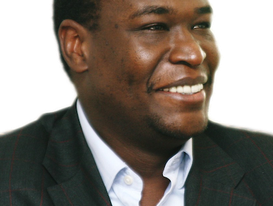
AGF catches up with Phatisa’s East African Partner, Yida Kemoli, to discuss the African Agriculture Fund and how PE can drive African GDP through enhancing farm yields and input

As global economic changes give rise to new investment risks and opportunities, having the flexibility to allocate assets into new markets may be a more effective way to capture opportunities. The underlying structural weakness of the US and developed economies will result in an increasingly dominant role for emerging economies with strong financial balance sheets.
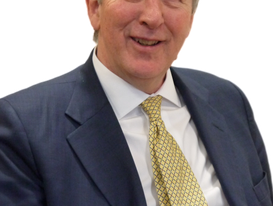
In August, the Emerging Africa Infrastructure Fund (EAIF) announced it had closed a deal with Helios Towers Africa (HTA). Three elements of the closure gave me particular pleasure. First, it’s the fifth time EAIF has helped HTA grow its business and bring its entrepreneurial drive and commercial acumen to offering better and more competitive telecommunications products to its markets. Secondly, it was the first deal to be closed by Investec Asset Management since it won the mandate to manage EAIF earlier this year. Thirdly, and by far the most important reason is that the investment will help transform lives in the Democratic Republic of Congo, where HTA has acquired some 950 towers that it will upgrade to improve reach and capacity.
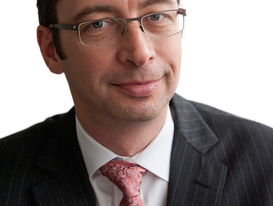
Ghana has often been a bit ahead of its time, once known as the Gold Coast and the first country in Africa to gain independence from colonial rule in 1957. According to the World Bank, Ghana leads in Africa consistently ranking in the top three for freedom of press and freedom of speech. Politics in Ghana after years of single party states and military dictators has for the past couple of decades been characterised by two main parties. The main opposition was once in power and is large enough and popular enough to be a serious contender at any elections. In fact, the two parties are neck and neck in popularity. The current governing party the National Democratic Congress (NDC) won the last two elections with 50.2% of the vote in 2008, in an election that went to a second round and 50.7%% in 2012. But the 47% the New Patriotic Party (NPP) won makes them a real contender to be in power again as they were when they won the 2004 election with 52% of the vote. And these results are for the Presidential election at Parliamentary level the NDC and NPP are neck and neck with neither over 50%.

Fund managers face numerous challenges in today’s increasingly complex investing and operating environment. Operational issues, specifically when properly understood and managed, help efficiency. As managers consider the stakes for sustained growth, outsourced shadow-accounting as an extension of in-house operations provides access to an array of capabilities that are increasingly seen as critical to mid-sized and large hedge fund operations.
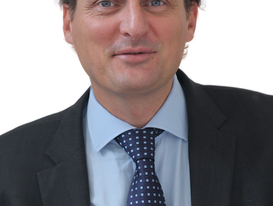
Egypt and the International Monetary Fund (IMF) signed a preliminary agreement on a $12bn 3-year loan facility on August 11. If approved, the loan will support government reforms, which are required to support the Egyptian economy. The reduction of the public deficit that is above 12%, adjustment of the Egyptian market and foreign reserves’ increase, which have reached a critical level - are short term milestones.

AGF speaks with Nonnie Wanjihia, Executive Director at EAVCA (The East Africa Venture Capital Association) about the private equity environment in East Africa and the role of EAVCA

Hitherto, the bulk of funding deployed to finance Africa’s economic development has not been Sharia-compliant due to the requirement to pay interest to lenders. Periodically, the inability of governments to repay interest has eventually resulted in debt forgiveness by foreign banks. While Islam is a major religion on the continent, its communities have historically been underserved by banking systems and capital markets. Africa’s population is expected to double by 2050 to 1.9 billion, particularly in those countries with sizeable Islamic communities. This demographic growth should imply, therefore, a considerable increase in the demand for financial products satisfying Sharia principles.
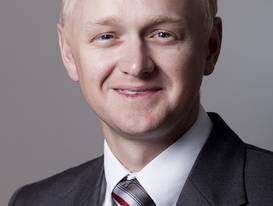
The Africa Rising narrative from a few years ago has increasingly become an Africa is dead storyline. The negative image currently portrayed in the media is probably not completely without merit. The continent faces some tough challenges, from macro-economic headwinds resulting from lower commodity prices and a generally weaker external environment to a shortage of hard currency and weaker currencies. Furthermore, the drought in southern Africa regions is causing higher inflation and putting pressure on consumer discretionary incomes. Despite the persistent flow of negative news and the short-term deterioration of economic fundamentals, we believe there are a number of reasons to be optimistic about the longer term investment potential of Africa.

Over the years as international investors have searched for yield and found themselves looking towards Africa, many have invested with a long-term mindset focused on private and public equity strategies. Both strategies offer promising returns over the longer term, but the higher returns do not come without lack of liquidity and significant volatility.

Quite unexpectedly, the Panama Papers was raised at a recent society event I attended in Zimbabwe, and while the popular press has permeated even to the most unexpected areas – often without an accurate consideration of the facts – it made me think about how much is truly understood about the driving forces behind using offshore structures, and how alternative funds benefit Africa. Contrary to what one might read, using offshore structures extends well beyond tax neutrality considerations. This article considers the advantages of structuring through established and reputable offshore jurisdictions with a particular focus on the Cayman Islands.
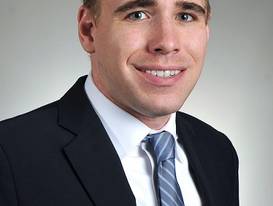
EMPEA has released 1H 2016 Industry Statistics for emerging markets private equity, private infrastructure and real assets and private credit. AGF speaks with Jeff Schlapinski, Director, Research, EMPEA, about trends in Sub-Saharan Africa.
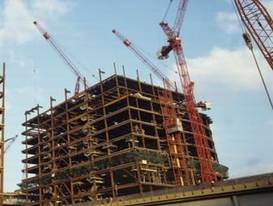
The Infrastructure Project Preparation Facility (IPPF) is a multi-donor trust fund managed by the African Development Bank on behalf of the New Partnership for Africa’s Development (NEPAD). IPPF supports the development of regional and continental infrastructure with grants to African governments, Regional Economic Communities (RECs) and African infrastructure-related institutions to prepare high-quality viable trans-boundary projects in energy, trans-boundary water resources, transport and ICT. Shem Simuyemba of NEPAD Infrastructure Project Preparation Facility talks about the facility and how it address one of the weaknesses of infrastructure development in Africa.